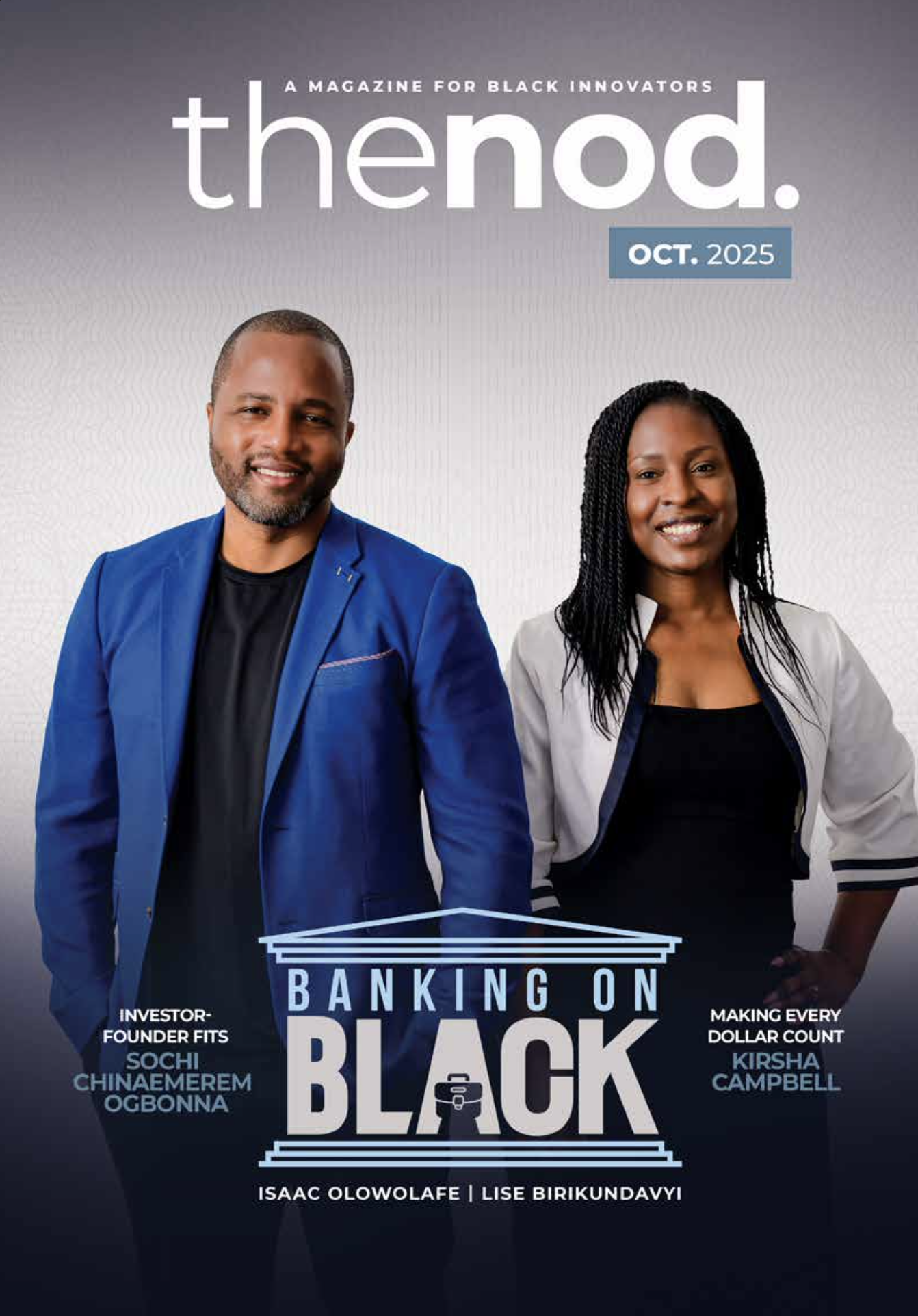Accessing financial resources is a critical factor in the success of any entrepreneurial venture. For Black entrepreneurs in Canada, however, the challenge is often magnified. According to a 2021 survey conducted by Abacus Data on behalf of the African Canadian Senate Group and Senator Colin Deacon, nearly 80% of Black entrepreneurs reported difficulties obtaining even $10,000 in funding for their businesses. This highlights a critical barrier—access to capital—that inhibits the growth of Black-owned enterprises, despite an increasing demand for diverse business solutions.
Financial Resources for Black-Owned Businesses
While resources are available, they are often perceived as elusive or difficult to obtain. However, the reality is that these financial opportunities are not hidden—they simply require awareness, understanding, and access to the right networks.
As a business expert, I’ve witnessed firsthand how lack of information and access can hinder the growth of Black entrepreneurs. The resources are present, but many business owners are unaware of them or lack the knowledge to navigate the application processes effectively.
There are financial programs specifically designed to support Black-owned businesses. These include the Black Entrepreneurship Loan Fund by the Black Entrepreneurship Program and initiatives from major financial institutions such as BDC, RBC, BMO, and CIBC.
These programs offer loans, grants, and equity investments to empower Black entrepreneurs. The key issue lies not in the availability of these resources but in a lack of awareness and understanding of how to access them.
Mentorship is Invaluable
For many Black entrepreneurs, mentorship is an indispensable asset. A mentor can offer guidance on business strategy, provide critical introductions to potential investors, and help navigate the complexities of funding applications. Furthermore, mentorship can unlock access to professional networks that may otherwise be out of reach.
Data from Startup Ecosystem Canada indicates that businesses with mentorship see an average annual revenue increase of 83%, in contrast to a mere 16% growth for those without mentorship. This statistic underscores the importance of mentorship in providing strategic direction and access to opportunities.
In addition, networking plays a crucial role in identifying and securing funding. By establishing relationships with industry leaders, fellow entrepreneurs, and financial institutions, Black business owners can stay informed about available resources and funding programs.
Industry-Specific Financial Resources
While some industries, particularly tech and innovation, receive a greater share of financial support, growth opportunities exist in various sectors. IRAP (Industrial Research Assistance Program) and other innovation-driven programs provide funding and grants for technology-focused businesses. However, for industries such as retail, hospitality, and traditional services, Black entrepreneurs must often rely on loans and equity investments.
Programs targeting Black entrepreneurs are available across sectors. These include specialized loans, grants, and equity financing designed to address the unique needs of Black-owned businesses. While these programs are not industry-specific, businesses in different sectors will benefit from tailored solutions based on their industry needs.
The Long-Term Impact of Access to Financial Resources
Access to financial resources is not merely about immediate capital injection—it is about sustainable growth. Securing funding enables Black entrepreneurs to scale operations, hire talent, invest in technology, and expand their market reach. These resources also provide the necessary capital to address business risks, manage operational costs, and improve competitiveness.
The long-term impact of such funding is profound. It empowers Black-owned businesses to build a solid foundation for future growth, while also contributing to the broader economy by creating jobs and driving innovation.
Actionable Steps to Access Financial Resources
- Identify Available Programs
Start by conducting thorough research on financial programs and initiatives tailored to Black-owned businesses. These may include loans, grants, and equity investments from financial institutions and government bodies. Use resources such as the Black Entrepreneurship Loan Fund and other local programs available in your region.
- Leverage Mentorship
Mentorship is a critical asset in accessing financial opportunities. Seek out experienced mentors who can provide strategic guidance, introduce you to relevant networks, and advise you on navigating the complexities of funding applications. A mentor can help avoid common pitfalls and provide invaluable insight into securing financial support.
- Build and Strengthen Networks
Networking is a strategic advantage in business. Attend industry events, engage with business associations, and connect with financial institutions that support Black entrepreneurs. Building relationships with key stakeholders can help you stay informed about upcoming funding opportunities and program changes.
- Stay Updated on Financial Programs
Financial programs evolve so, ensure that you stay updated on new initiatives, policy changes, and funding opportunities. Subscribing to industry newsletters, attending webinars, and following key organizations on social media will help you stay informed and ready to act when opportunities arise.
Final Takeaway
The financial resources available to Black-owned businesses are not concealed—they simply require a proactive and informed approach to access. While systemic barriers exist, entrepreneurs who actively seek out information, build strategic networks, and leverage mentorship can effectively navigate the landscape of financial support.
Access to capital is critical for business growth. However, the strategic utilization of available financial programs, coupled with long-term planning and mentorship, can drive the success and sustainability of Black-owned businesses. By taking a proactive approach to financial literacy and resource identification, Black entrepreneurs can unlock the full potential of their businesses, ensuring long-term growth and success in an increasingly competitive market.













